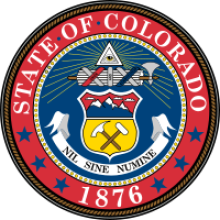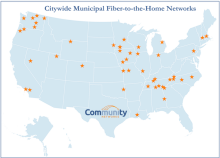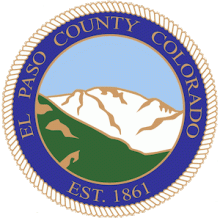Longmont Reduces Rate For Residential Gig
In the midst of price increase announcements from Comcast and others for 2018, gigabit subscribers in Longmont, Colorado, are enjoying a price decrease from their publicly owned network, NextLight.
Happy New Year
As of January 1st, standard residential gigabit Internet access rates dropped from $99.95 per month to $69.95 per month. According to Longmont Power and Communications (LPC), about 28 existing subscribers obtained gigabit speeds at the old rate; along with any new gigabit subscribers, the existing customers will receive the new rate.
In addition to this most recent price reduction, NextLight offers a loyalty bonus for subscribers who obtain service for 12 continuous months. Gigabit subscribers who qualify have rates reduced to $59.95 per month. Charter Members — residents who subscribe for services within three months that service is available within their area — are able to receive gigabit connectivity for $49.95 per month as long as they keep their services. Charter Member rates stay with the premise if they sell their home and take that rate with them to their new residence. NextLight subscribers can also sign up for 25 Mbps service for $39.95 per month.
All speeds are symmetrical so subscribers can take advantage of the robust upload speeds. Subscribers are better positioned to work from home and establish at-home businesses. With symmetrical connectivity, Longmont’s school children can take full advantage of web based home work programs and adults who want to pursue distance learning don’t have the hurdle of poor Internet access to handicap their goals.
Part Of The Success
In addition to affordable rates, NextLight offers promotions to increase sign-ups. Subscribers who successfully refer others will get one month of free service for each new subscriber. NextLight is extending the promotion to its Digital Voice service during the first three months in 2018.
"We're customer-based and customer-focused," Longmont Power and Communications General Manager Tom Roiniotis said in a statement.









